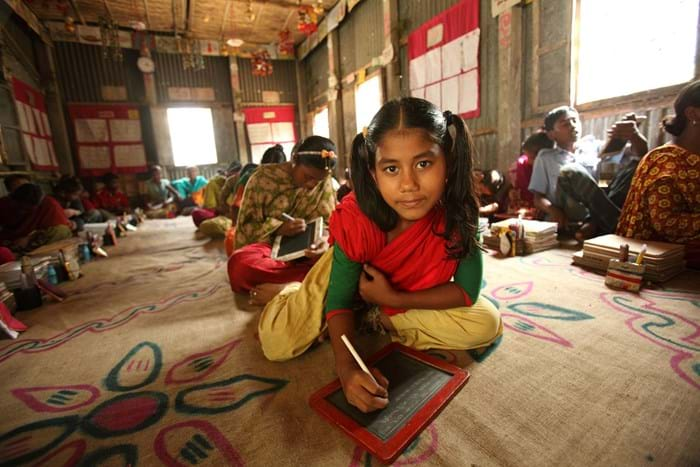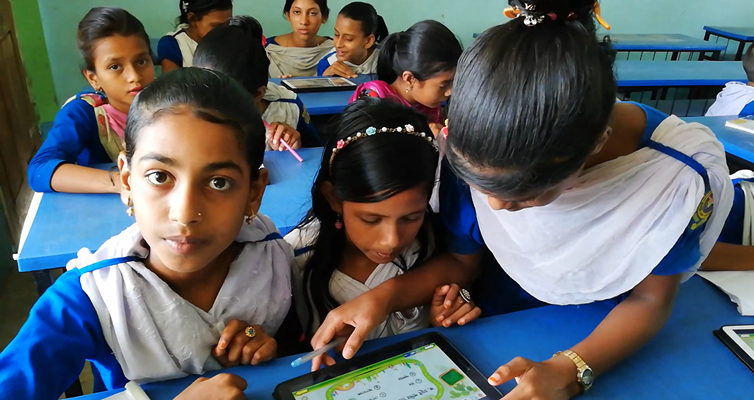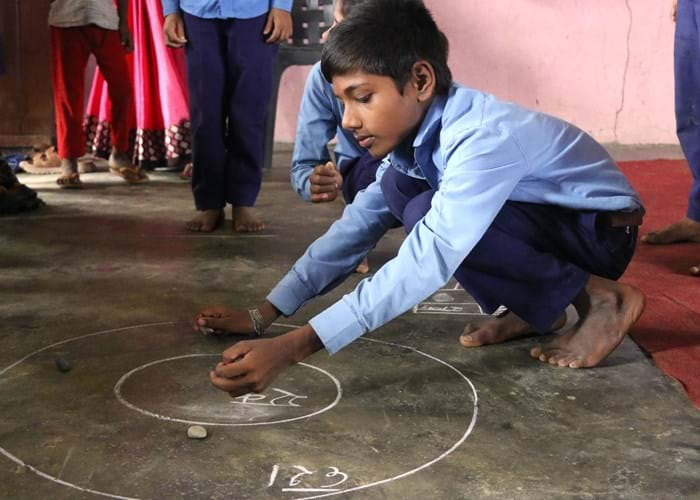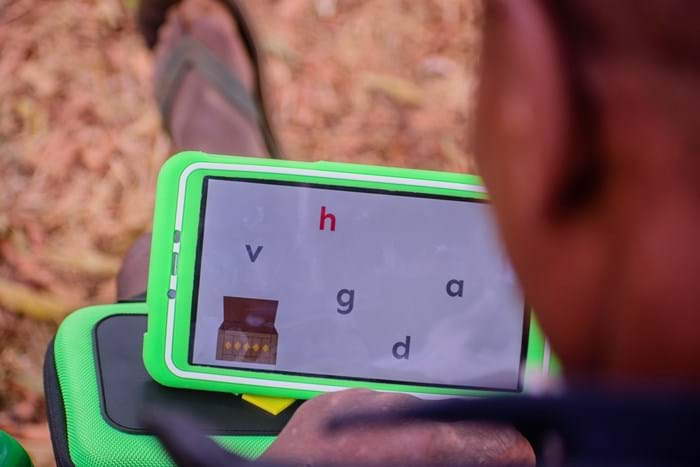Indhold blokeret
Dette element kan ikke vises, da du ikke har givet accept til følgende typer af cookies:
- Marketing
Du kan ændre dine indstillinger ved at klikke på knappen herunder.
The repercussions of the COVID-19 pandemic will leave the world's poorest children even poorer and further away from getting the basic education that can ensure them a better and safer life than their parents.
We believe the world needs more investments in education, more interventions that are truly scalable to help many, and more effective solutions that can unleash the potential of education technology.
For more than ten years, education for the world's most vulnerable children has been a focal point in the Hempel Foundation's philanthropic work. In the coming years, efforts will be intensified with a revised Education strategy to increase our reach and our contribution to reaching SDG 4: Quality Education.
Learning Poverty
Although great progress has been made in the last two decades in ensuring access to education for both boys and girls, far too many children go to school without ever gaining the reading and writing skills that form the basis of all subsequent learning.
Even before the COVID-19 pandemic, 90 per cent of children in the world's poorest countries were unable to read and understand a simple text by the age of 10. This is defined as ‘learning poverty’.
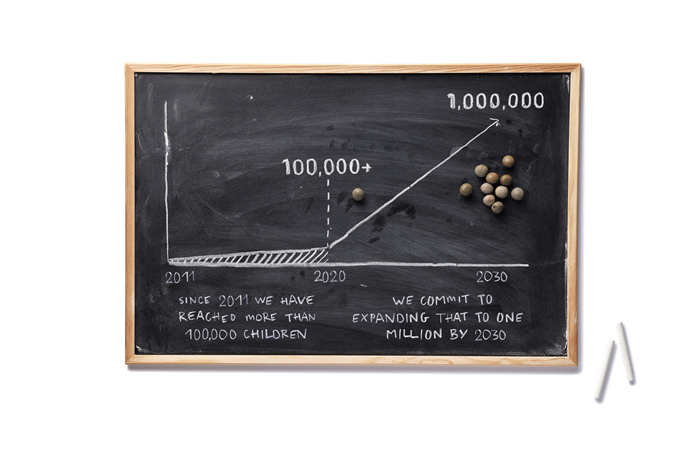
To fight learning poverty, by the end of 2030, we will reach 1 million children with educational efforts that accelerate basic reading, writing and numeracy skills.
The Hempel Foundation's education strategy follows three courses of action to achieve our goals:

- Developing and delivering cost-efficient and scalable learning interventions with a proven potential for impact at scale.
- Unleashing the potential of EdTech supporting delivery of quality education, through high-risk / high-reward philanthropic investments.
- Catalysing collaboration, knowledge-sharing and awareness-raising that can mobilize and sustain efforts to combat learning poverty.
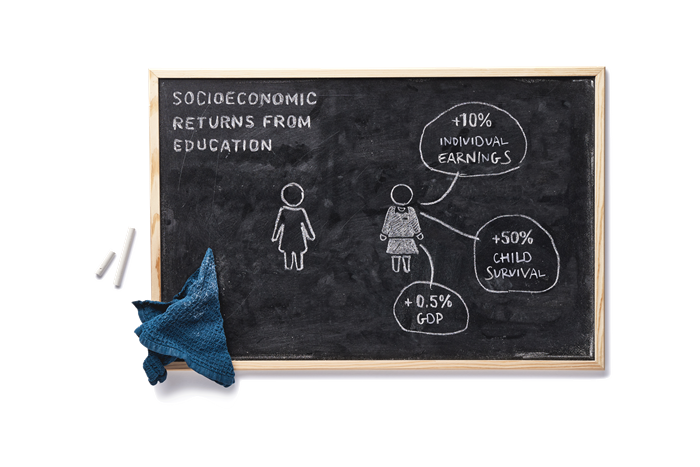
Why education?
Education is a key to tackling poverty and thus also health, gender equality and a controlled population development.
Our work so far
Since 2010 the Hempel Foundation has reached more than 100,000 children through a wide variety of education projects around the world
Education Strategy
Download our full Education StrategyPartnering with Hempel Foundation
Click here for further information on terms and conditions if you wish to partner with the Hempel Foundation:
Partnering with Hempel Foundation